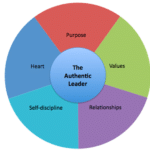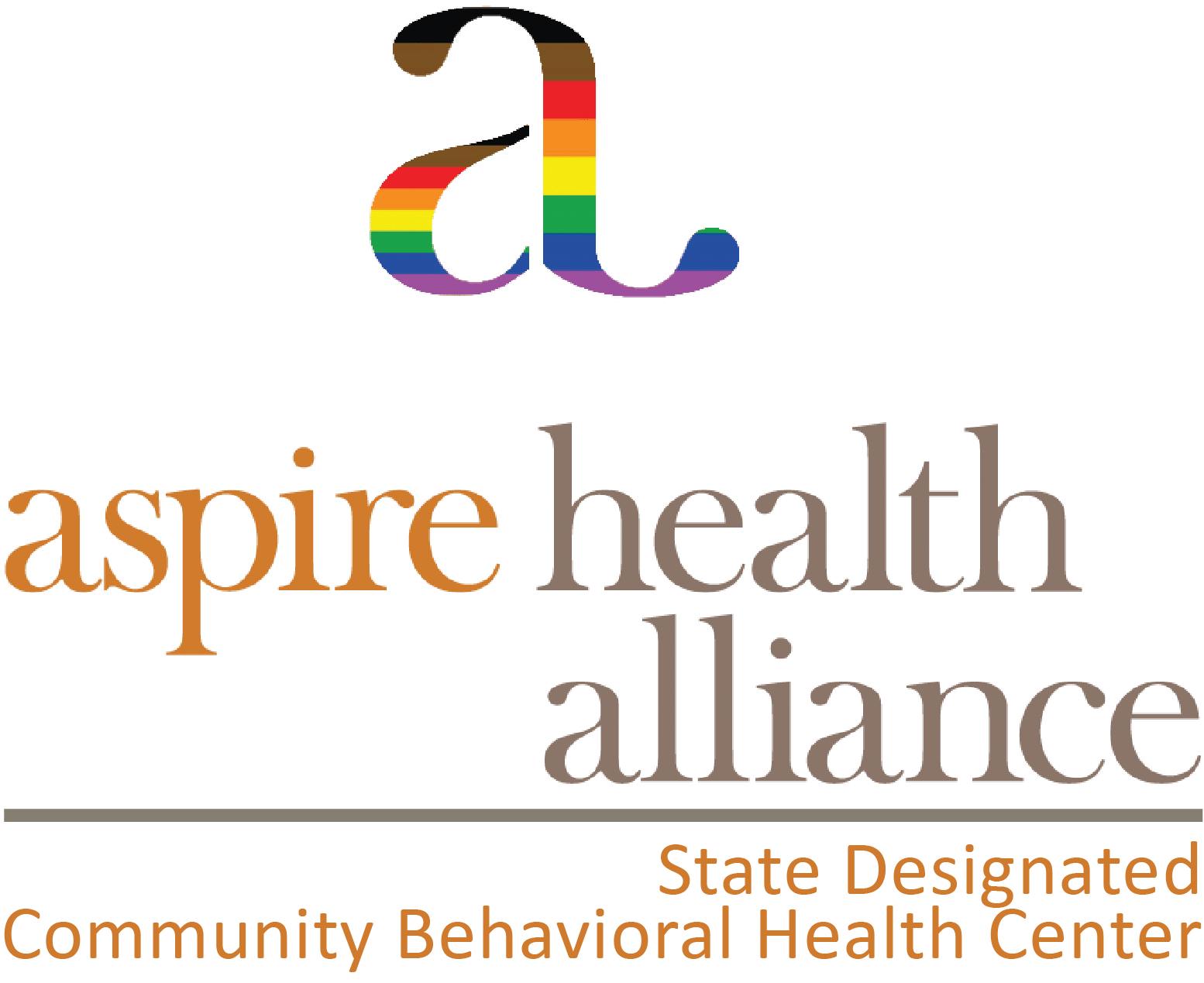 A Born Leader?
A Born Leader?
I think and read about leadership a lot, not only because my job puts me in a position with responsibility to lead people and resources but also because I’m genuinely interested in the questions that swirl around the topic. At Aspire Health Alliance, we are working on a re-organization of our leadership team and developing that next generation of leaders for our organization, so my ruminations have some practical context right now.
Can you learn to be an authentic leader?
If you have to learn it, isn’t it contrived and therefore not “authentic”?
I was talking about this with a colleague. Are leaders who demonstrate authenticity really pretending? Did they somehow learn to give the impression of authenticity? Or are they genuinely authentic without having learned. If that’s the case, do those of us who want to be authentic leaders but don’t have the “gift” have no hope?
The question of authentic leadership is under academic consideration. One article I came across is out of Penn State on the Five Characteristics of Authentic Leadership by Anna Powlus citing the work of Bill George.
[Link: https://sites.psu.edu/leadership/2017/04/09/15415/]
I reflected on people I’ve respected as leaders, loved as leaders, and could say with all my heart that they have been good. It’s not a grandstanding term. They are good at their jobs. They are good at not making me feel bad when they coach me and mentor me. At their cores, they are goodhearted. When push comes to shove—when they are pushed or shoved—they still do the right thing because they are deeply connected to humanity. Others follow because they can tell the leader is connected to them in authentic ways.
I’ve been working with a leader recently who is just plain good. He’s good at his job, but he’s good in a deeper way. He’s honorable. He does the right thing in the ways he strives to support others and stands firmly for the right thing.
Bill George’s Authentic Leadership Model focuses on qualities an authentic leader has or—fortunately for me—can develop. These are:
- purpose and passion
- values and behavior
- relationships and connectedness
- self-discipline and consistency
- heart and compassion
When you experience good, you experience care. When you experience good, you experience people who care enough. When you experience good, you want to reach further yourself for the sake of others.

Antony Sheehan
President and CEO
Aspire Health Alliance

